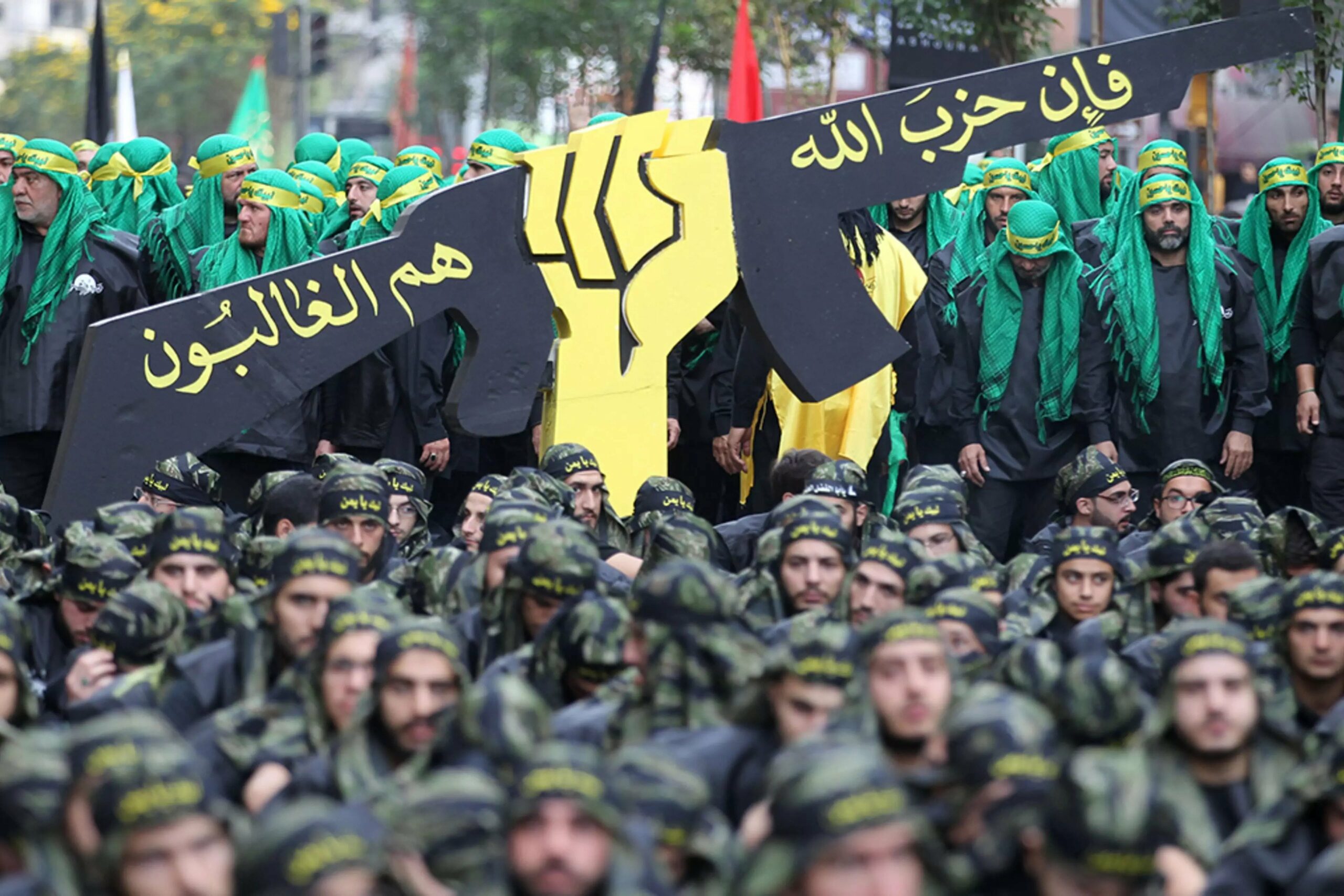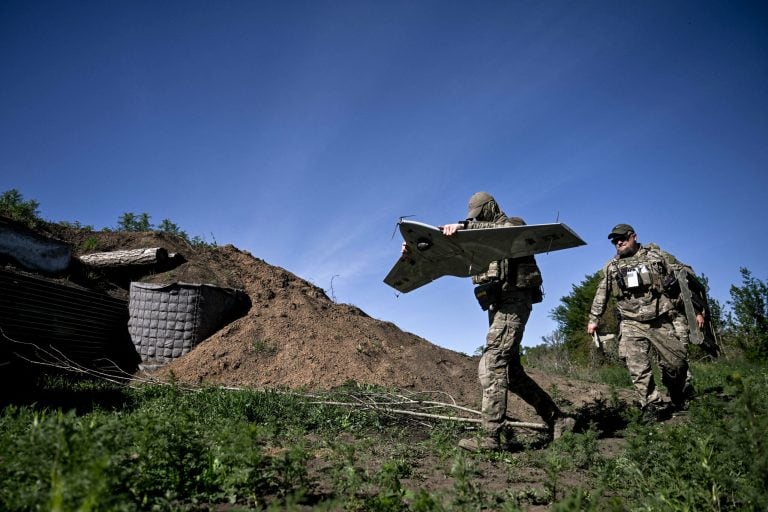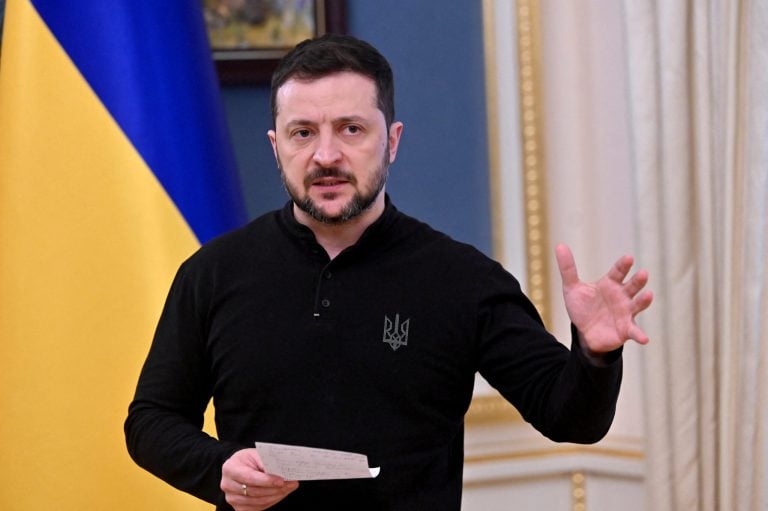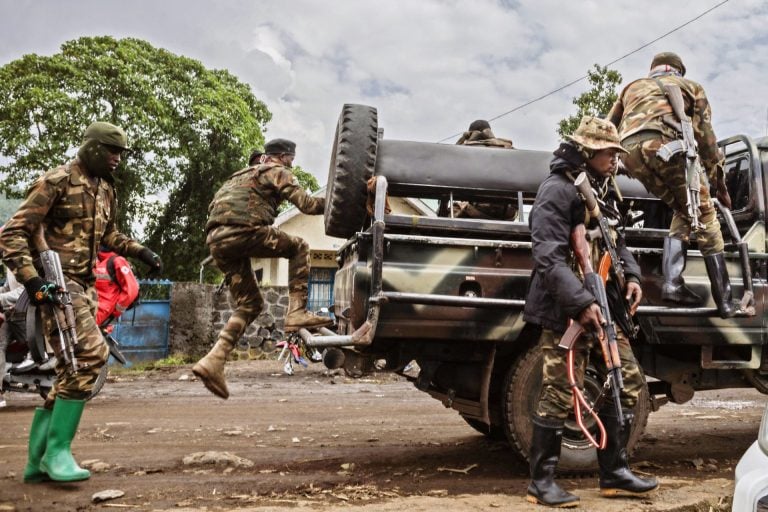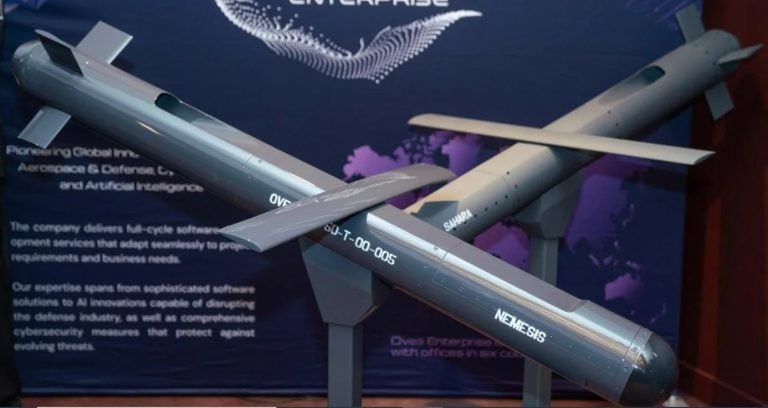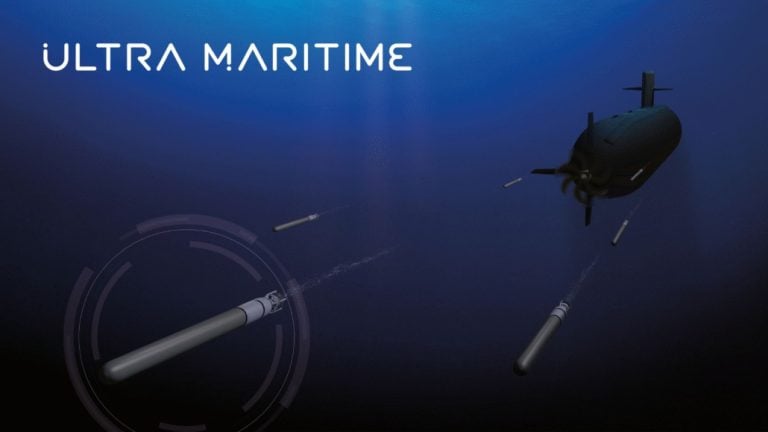Lebanon is grappling with escalating tensions following an Israeli drone strike on Tuesday that resulted in one fatality and three injuries, including a child, in the southern town of Aitaroun. This incident is part of a series of Israeli military actions that have persisted despite a ceasefire established on November 27, aimed at halting over a year of hostilities between Israel and Hezbollah, the Iran-backed militant group.
The strike was confirmed by Lebanon’s health ministry, which reported the casualties stemming from what it described as an attack by “the Israeli enemy.” In a parallel statement, the Israeli army indicated it had successfully targeted and eliminated a Hezbollah “platoon commander” involved in operations against Israel.
Despite the ceasefire, the United Nations Human Rights Office reported that Israeli actions in Lebanon since the truce have resulted in the deaths of at least 71 civilians. Hezbollah lawmaker Hassan Fadlallah claimed last week that the death toll, including fighters, has reached 186 since the ceasefire was enacted, although specific figures on Hezbollah’s casualties were not provided. The Lebanese health ministry has not issued updated figures in response to media queries.
The ceasefire agreement is rooted in a United Nations Security Council resolution that demands only Lebanese armed forces and United Nations peacekeepers maintain a presence in southern Lebanon, calling for the disarmament of all non-state armed groups. Under this agreement, Hezbollah was expected to withdraw its fighters from regions south of the Litani River and dismantle remaining military infrastructure. Israel committed to withdrawing its forces from southern Lebanon, though it currently retains control of five positions it deems strategic.
In light of ongoing violence, Lebanese President Joseph Aoun expressed a firm intention to consolidate the state’s monopoly on arms within the next two years. Aoun, speaking to the London-based news outlet Al-Araby Al-Jadeed, underscored that his administration aims to restrict armament to state control, asserting that dialogue with Hezbollah would be crucial for implementing any disarmament strategy.
Analysts suggest that the disarmament of Hezbollah, once seen as improbable, may now be a tantalizing possibility due to the group’s perceived weakening from recent conflicts and increasing pressure from the United States on Iran, Hezbollah’s primary supporter. Aoun has proposed that members of Hezbollah might be integrated into the Lebanese army, where they could receive retraining similar to processes seen after Lebanon’s civil war between 1975 and 1990. However, he clarified that such integration would not mean that Hezbollah would become fully absorbed into the military, nor would it operate as an autonomous unit within the armed forces.
In recent interviews, Aoun noted that the Lebanese army has been actively dismantling military positions identified as belonging to Hezbollah in the south, stating that the army’s operations have proceeded without conflict with the group’s members. A source connected to Hezbollah revealed that the group has reportedly handed over around 190 of its identified military positions to the Lebanese army in the south, indicating a potential shift in dynamics between the state and the militia.
